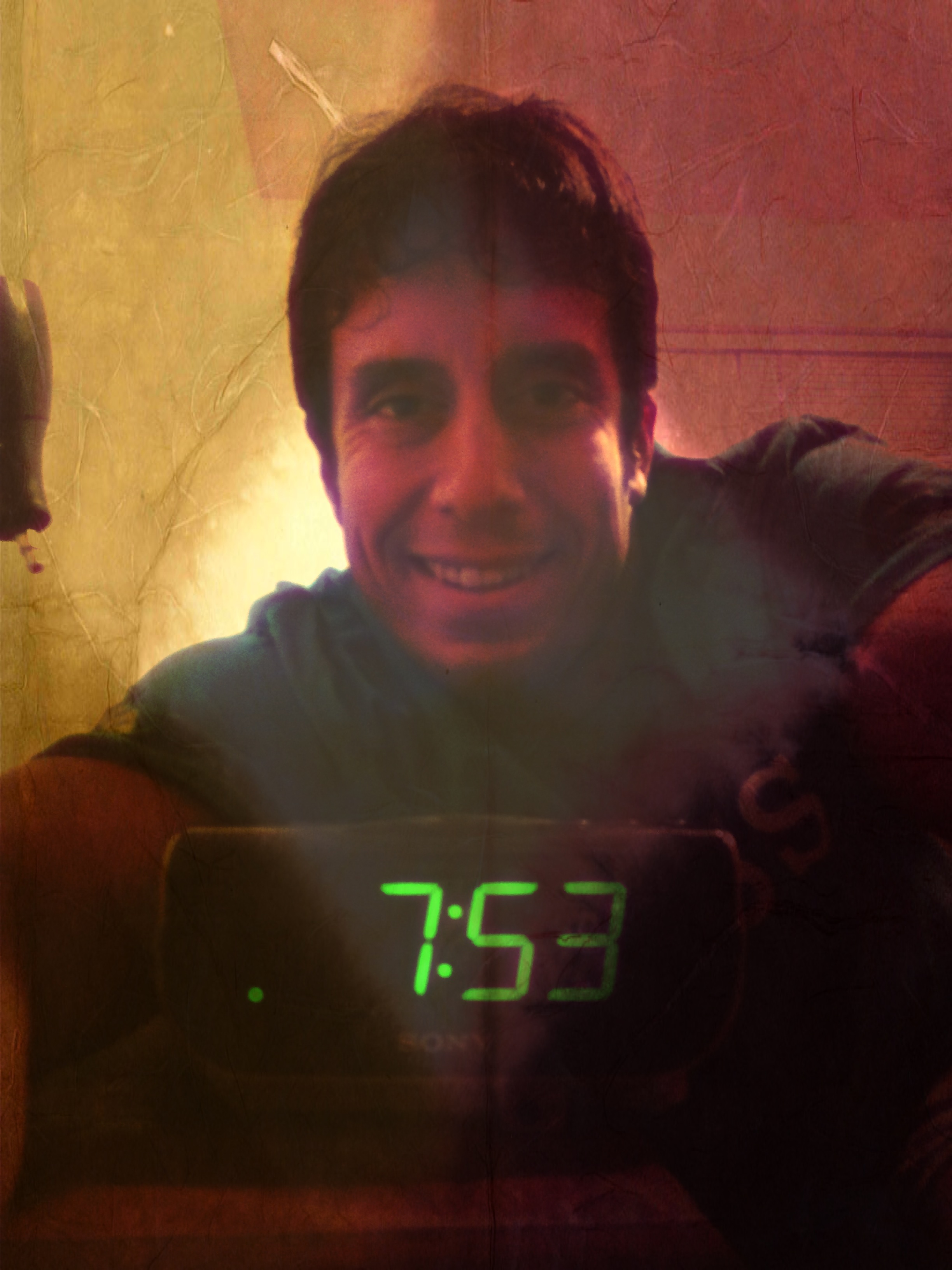As with an infinite amount of other things, this is a topic that has become a bigger deal because of the explosion of social media, blogging sites, and 24/7 news channels. If not for the proliferation of these mediums, daylight savings probably would not get the attention it now gets. Rather we would just pull the clocks back in November and push them forward in March. These days though we give this man-appointed, energy saving tactic lots of coverage and in my opinion we do this just to give us yet another excuse.
Personally I am sick of all the people who complain about the negative impact daylight savings has on them. Physically, emotionally, and mentally, daylight savings somehow wreaks havoc on the human body, many people say. I constantly hear the following: It ruins my precious circadian rhythm. It makes me grumpy and sad. It messes with my ability to make important decisions on work. It takes me off my “A” game.
Give me a break.
I am not disputing that the fall back part of daylight savings causes crime to spike because of extended night hours. I am not arguing that a few more car accidents occur because people have trouble driving in the dark. You won’t hear an objection from me that chronically depressed people experience a tougher go with a further reduction of natural light. But you won’t get one ounce of sympathy from me about the “hardships” of daylight savings if you are a normal, healthy person.
Even though the beginning of daylight savings is traditionally supposed to disturb the health and productivity of people more than the end of it, I couldn’t believe since Sunday all the whining I heard in person and over social media about how the fall back of the clocks had done a real number on them. People couldn’t sleep, they couldn’t stay awake, they couldn’t rest, they couldn’t focus, they couldn’t function. Pretty much every excuse for just not giving 100% was given. Nonsense.
I don’t know if this is a placebo effect in action or if people really are just looking for a major crutch to slack off. A couple days before daylight savings hits there is always the extensive media coverage detailing how it is normal to feel certain symptoms relating to the gain/loss of an hour. Then 2 a.m. comes around and social media users start posting about how exhausted they are and how much they hate daylight savings. Do people take in this media coverage and see these status updates and then have something go off in their minds and bodies that tell them they aren’t feeling right? Or, like the second suggestion I offered, are people just looking to be downright lazy?
What I do know is that it is ridiculous for any of us to let daylight savings impact our daily lives. We gain or lose one single hour in the middle of the night twice during the year. One hour. That’s it. Most of us wouldn’t even know about this time change if it wasn’t for the media and for clocks that don’t automatically change. I am one of the biggest proponents of the human mind that you will ever find. I believe that we can accomplish and overcome anything we want as long as we have a strong mindset. If at any second we started to feel as if a symptom of daylight savings was starting to set in on our bodies we all have the capability to send waves from our brain through our system saying that the fatigue or irritability that we are feeling is absolutely false and made up. That should take care of any lame excuses.
To add one more point to the invalidity of daylight savings symptoms all one has to do is look at professions where cross country or cross continental travel is common. Professional athletes, entertainers, national politicians/ambassadors, etc. all make a living crossing time zones on a weekly, if not sometimes daily, basis. They lose and gain big chunks of time constantly, much more than a single hour twice a year. Do they complain? Do they stop working? Do they throw their hands in the air? No. They don’t make excuses and they get the job done.
In my opinion, the daylight savings fatigue/productivity factor is a myth. Even if there is some scientific data to back up small disruptions in our biological cycles, it is definitely not enough to make us unproductive zombies. We need to come up with better excuses. Don’t Blink.





